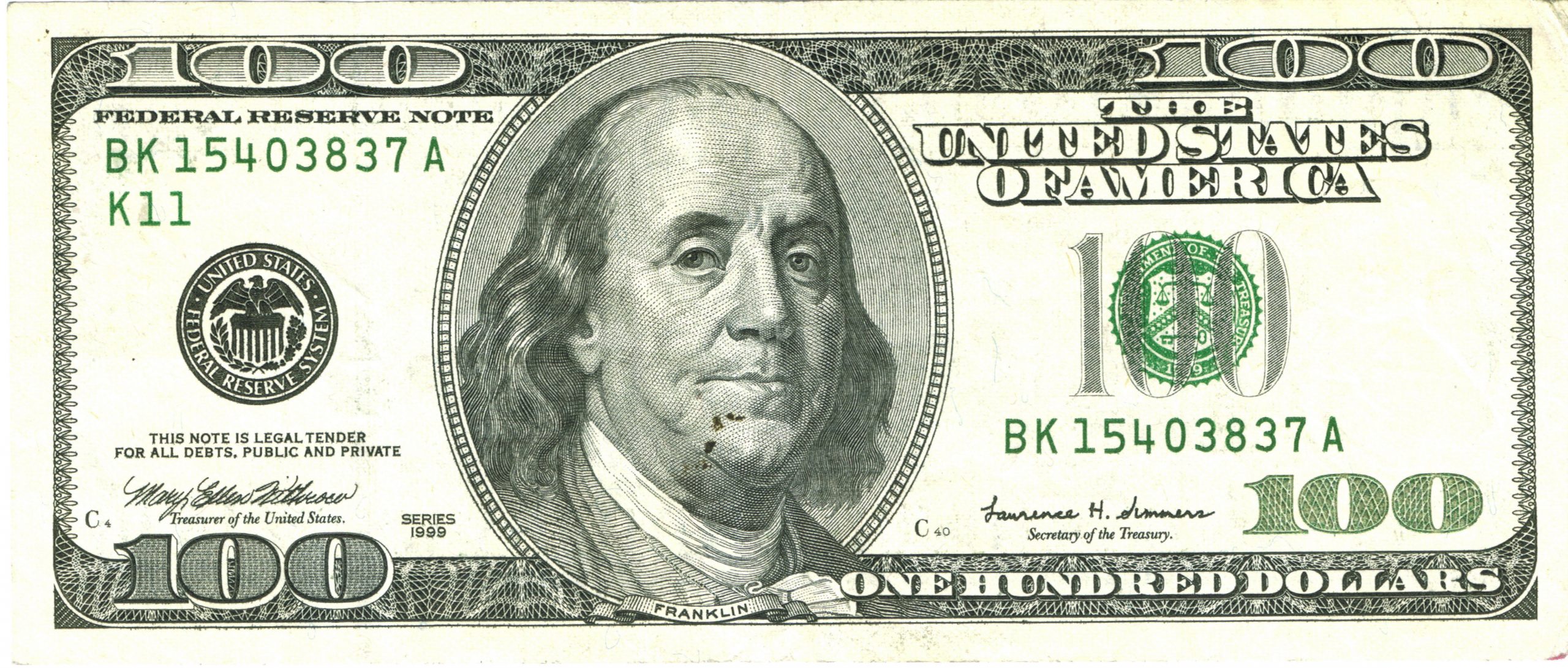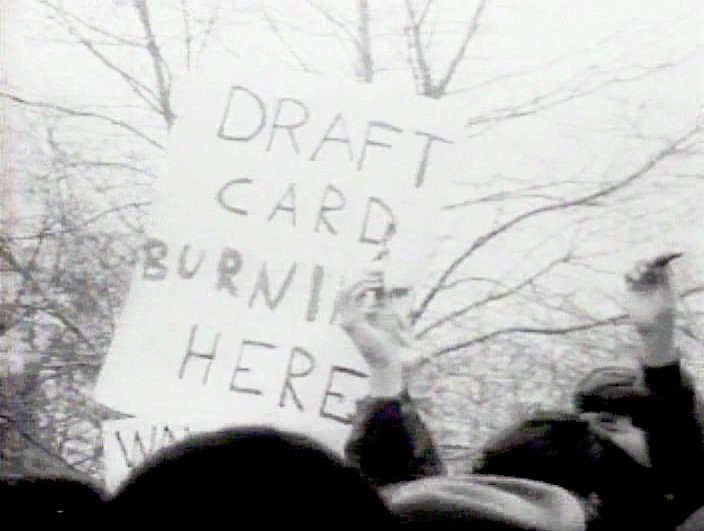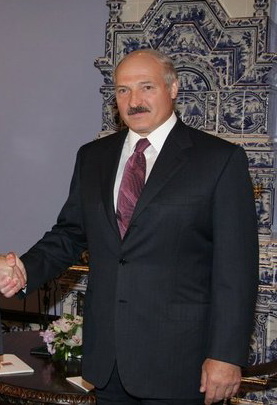When the Federal Reserve inflates the money supply, the resulting debasement of people’s money is reflected in the higher prices that people are paying for things they need or want. Already, everyone is seeing, for example, significantly higher prices for gasoline at the pump. The price jump is high enough to cause people to realize that all that “free” stimulus money wasn’t as free as the government said it was. There is another dark consequence of an inflationary expansion of the money supply. The inflationary policy distorts market signals, which causes both consumers and businesses to engage in actions in which they would not ordinarily engage. For example, consider what can happen when the Fed artificially lowers interest rates as part of its inflationary
Topics:
Jacob G. Hornberger considers the following as important: 6b.) The Future of Freedom Foundation, Featured, Hornberger's Blog, newsletter
This could be interesting, too:
Nachrichten Ticker - www.finanzen.ch writes Die Performance der Kryptowährungen in KW 9: Das hat sich bei Bitcoin, Ether & Co. getan
Nachrichten Ticker - www.finanzen.ch writes Wer verbirgt sich hinter der Ethereum-Technologie?
Martin Hartmann writes Eine Analyse nach den Lehren von Milton Friedman
Marc Chandler writes March 2025 Monthly
When the Federal Reserve inflates the money supply, the resulting debasement of people’s money is reflected in the higher prices that people are paying for things they need or want. Already, everyone is seeing, for example, significantly higher prices for gasoline at the pump. The price jump is high enough to cause people to realize that all that “free” stimulus money wasn’t as free as the government said it was.
 There is another dark consequence of an inflationary expansion of the money supply. The inflationary policy distorts market signals, which causes both consumers and businesses to engage in actions in which they would not ordinarily engage.
There is another dark consequence of an inflationary expansion of the money supply. The inflationary policy distorts market signals, which causes both consumers and businesses to engage in actions in which they would not ordinarily engage.
For example, consider what can happen when the Fed artificially lowers interest rates as part of its inflationary policy. Consumers are encouraged to buy homes, which they ordinarily could not afford to do.
At the same time, sensing the increased demand for housing, construction companies begin expanding operations. They add staff and facilities, purchase equipment, buy land, and borrow money to build additional housing.
But the problem is that it’s a distorted market signal, one that is causing people to move In a direction in which they should not be moving. From the looks of things, consumers and suppliers are moving in a rational direction but the fact is that there isn’t sufficient wealth to sustain this new activity. People are being induced to act as a result of the Fed’s artificially low interest rates.
At some point this artificial inflation-induced bubble bursts, which causes the malinvestment to be exposed. Homeowners default on loans. Home builders go bankrupt. Banks lose money on their loans and on foreclosures. The recession (or depression) has arrived.
Of course, government officials blame the problems on the “banksters” or on the construction firms or on the consumers themselves. In actuality, the fault lies with the inflationary policy of the central bank.
The price system is an intricate message-delivering system that is inherent to a free market. Prices come into existence through the subjective valuations of the participants in the market. Based on prices, people can make rational judgements on what actions to take.
But once the government embarks on an inflationary policy, the price system is distorted. It becomes a bad messaging system that causes people to operate in destructive ways, even though they might not realize it at the time.
The solution is not to place a ban on the Fed’s inflationary policies. The solution is to take money completely out of the hands of the government. No more Fed, no more inflation. A total free-market monetary system, one in which people rely on the market to determine the best media of exchange. The Nobel Prize-winning libertarian economist Friedrich Hayek called this idea “the denationalization of money.”
The free market produces the best of everything, and the government produces the worst of everything. A free market monetary system would produce the finest, soundest money. By separating money and the state, people would no longer have their money debased through inflation and they would also have the price system restored to its proper messaging role in a free market.
Tags: Featured,Hornberger's Blog,newsletter








